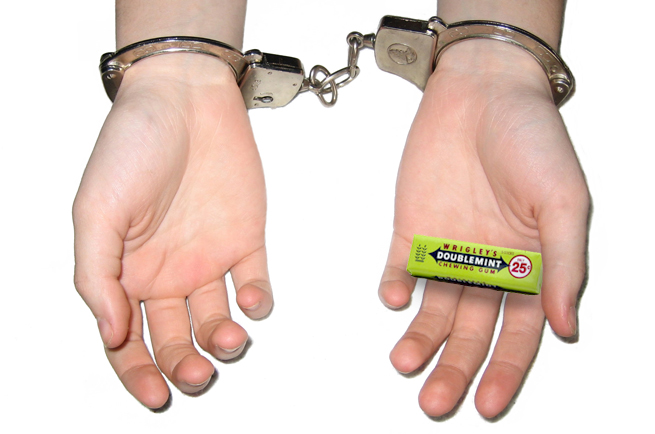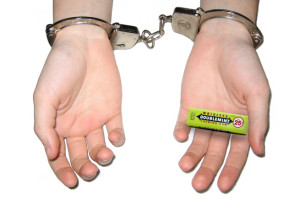The holiday season is finally upon us. For most civilians that means family gatherings, Black Friday deals, tons of decadent treats, trimming the tree and more. For some public safety personnel, it means an increase in public disturbance and shoplifting calls.
How does Autism fit into this?
There are a few things to consider. At first you may get called for someone “acting strangely.” A retailer might read certain behaviors as suspicious and assume the person with autism has intent to steal or cause trouble. Some behaviors you may encounter include:
- Methodically walking through the store in a certain pattern
- Rearranging or lining up items on shelves
- Staring at displays, lights or ceiling fans
- Opening and closing doors
- Appearing nervous and agitated
- Unable to wait in line for their turn to pay
- Pushing someone out of the way to obtain an item
- Sitting on the floor rocking back and forth covering ears
Due to an obsessive need for an object, sensory overwhelm from the environment, or self-control issues that cause an inability to wait in line, a person with autism may grab an object and leave the store with it. More often than not, they are completely unaware that they have committed a crime.
Occasionally, you may also uncover that a thief has sent someone with autism into a store to retrieve an item for them. Autistic people can be eager to please and are usually compliant and trusting.
While these behaviors appear as vandalism, plotting to steal, or bullying, they are usually part of impulsive behaviors that can often accompany autism. Unlike a typical shoplifter, an autistic person will most likely walk right out of the store with the item completely visible. They will not hide it or sneak it into their clothing.
These are not excuses, of course. I am most certainly not telling you to let a person march into a store, display disruptive behaviors and walk out without paying for merchandise simply because they are autistic and may not be able to help themselves. What I am saying is, if you respond to a call for someone acting strangely and they are carrying out repetitive behaviors or seem “tuned out,” consider the possibility that something else is going on.
Evaluate the behavior, look for alternative IDs or communication devices, get them to a quiet, safe place and contact their caregiver if possible.





